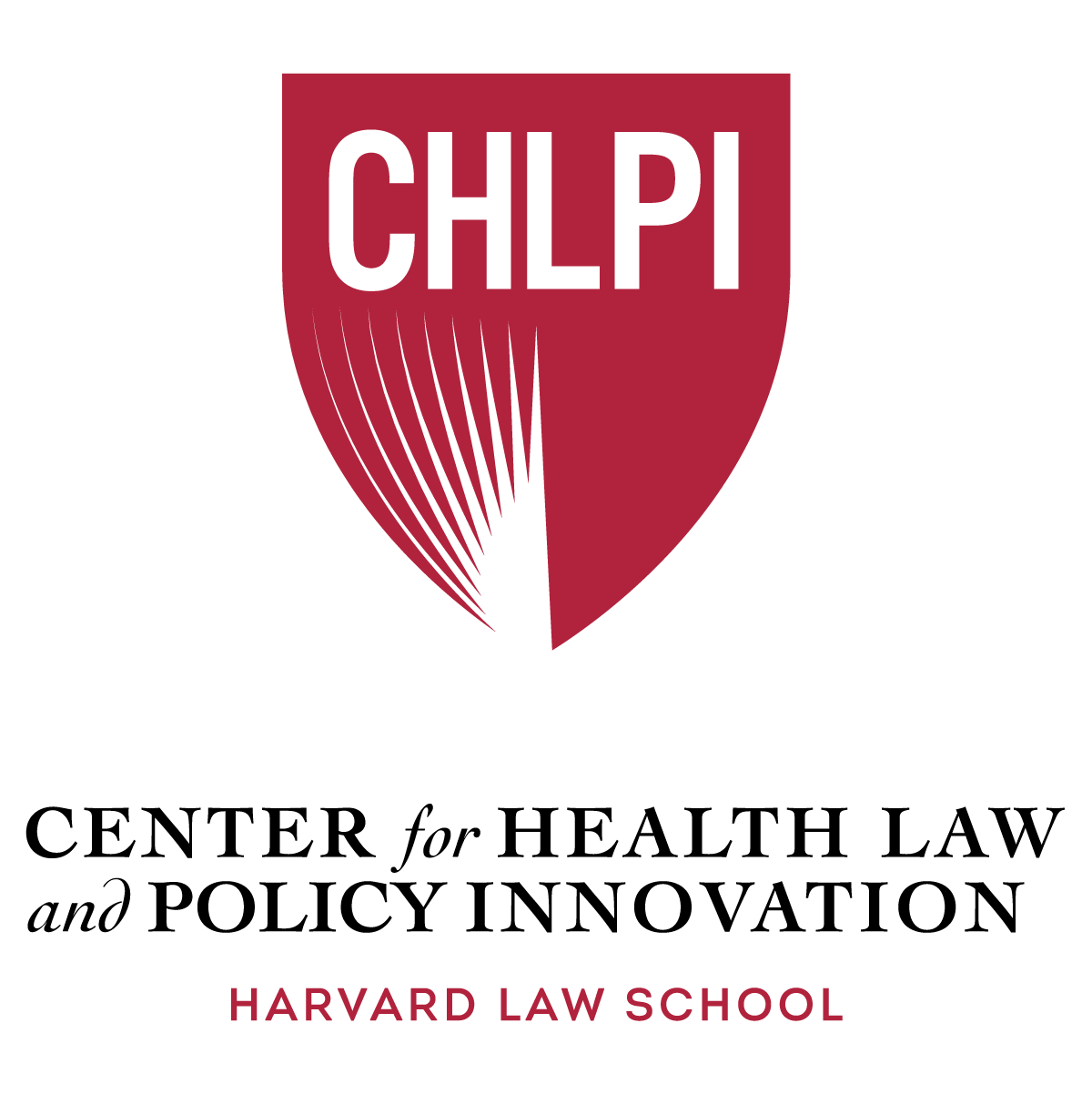CHLPI seeks proposals from partners that will leverage CHLPI’s expertise in food access and nutrition policy to advance Food is Medicine policies in their respective states (e.g., Medicaid Section 1115 demonstration waivers, state-funded pilot programs, FIM practices that support local food systems, etc.). Each year, CHLPI will provide four partners with one year of in-depth capacity-building support that can include:
- early-stage coalition building,
- nonpartisan research and legal consultation on a variety of FIM policies tailored to the partner’s interests,
- presentations, training, written policy resources, and/or communications materials for a range of audiences, and
- training and assistance from technical experts (e.g., research and evaluation, community consultation).
CHLPI will help partners build a solid, community-based foundation for concrete policy change. In collaboration with each partner, CHLPI will engage in a research and discovery process to identify the partner’s and community stakeholders’ key policy goals, opportunities, and barriers. Based on the information gathered and the latest evidence in the field, CHLPI will then identify and research policies and implementation strategies that will best enable the partner to scale Food is Medicine and address related issues of health inequity and local food system policy in the state.
Who Should Apply?
Any community-based organization, nonprofit, coalition, or local, state, or tribal government entity interested in state-level Food is Medicine policy is welcome to apply. CHLPI will select partners based on:
- readiness for Food is Medicine policy engagement and change,
- feasibility of policy success,
- potential to impact underserved populations,
- diversity of potential policy solutions of interest, and
- diversity in location/geography.
CHLPI accepts applications from all states, and particularly encourages applicants from parts of the country where gaps in statewide Food is Medicine policy currently exist, including the Southeast, Midwest, and Southwest.
When to Apply?
The first round of applications are due on December 20, 2024 at 5pm ET. CHLPI anticipates making four technical assistance awards, with two technical assistance awards to begin February 1, 2025, and two to begin July 1, 2025. CHLPI may contact finalists for a virtual interview and will announce all final decisions by February 1, 2025. Applications for assistance in 2026 will open in late 2025.
How to Apply?
Applications are currently closed.
